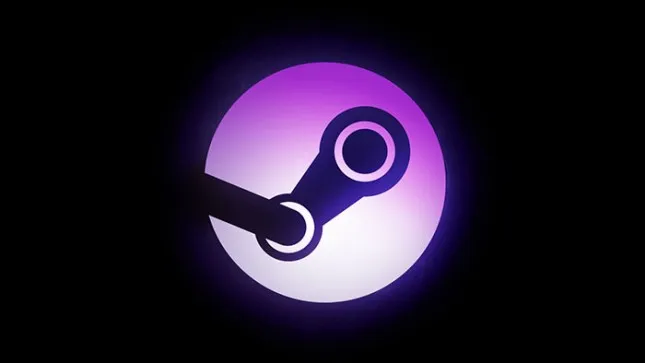- cross-posted to:
- games@sh.itjust.works
- cross-posted to:
- games@sh.itjust.works
Rumors have recently surfaced suggesting that Microsoft is considering a significant acquisition bid valued at approximately $16 billion for Valve Corporation, the entity behind major gaming franchises such as Half-Life and Portal, and operator of the Steam Store, the leading digital distribution platform for PC gaming. Valve, known for its strong financial performance and dominant market position, primarily due to the success of the Steam Store, is estimated to generate over $10 billion annually in revenue. The platform’s profitability and extensive user base make it a critical asset in the PC gaming industry. Valve’s estimated market valuation stands at around $8 billion, with co-founder and CEO Gabe Newell’s net worth reportedly exceeding $4 billion, according to Forbes. Despite the high revenue and valuation, these figures do not necessarily reflect the liquidity or cash available to the company or its stakeholders.
Microsoft’s interest in acquiring Valve is part of a larger plan to strengthen its foothold in the PC gaming industry and venture into the handheld gaming sector, areas where Valve has made significant strides with its Steam Deck product. If Microsoft were to acquire the Steam Store, it would gain a major source of revenue and solidify its position in digital distribution.
However, there are several complications that might hinder such an acquisition. Since Valve has always been privately owned, it lacks the public financial transparency that would provide a clear picture of its total market value, including the value of its intellectual properties like Counter-Strike, Dota, and Half-Life. Industry estimates suggest that Valve’s value could be well over $16 billion, which may render Microsoft’s rumored offer as undervalued. Insights from Dior, a prominent figure in the Counter-Strike community, reveal that Gabe Newell owns less than 25% of Valve. This suggests that a significant portion of Newell’s wealth is tied to his equity in the company. The decision to sell Valve wouldn’t rest solely with Newell; numerous employees who likely hold stock options could also have a say through a voting process if an offer were made. For Microsoft, acquiring Valve would mean gaining control over a key distribution channel in the PC gaming market, enhancing its competitive position against other industry giants, and potentially making stronger inroads into the handheld gaming market. The strategic benefits for Microsoft are evident, but for Valve, the benefits are less clear.
Let me reiterate that this news-story currently is nothing more than a rumor.



Here’s hoping valve will tell them to go eat a fat dick.
Again